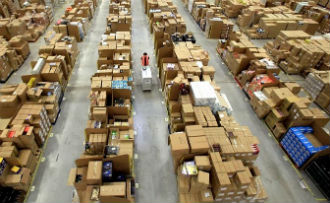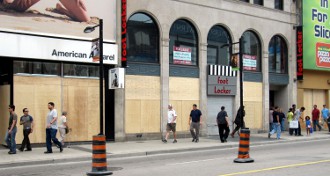 Tablets and smartphones are synonymous with cannibalisation and the smart-device craze is now taking its toll on the POS market. Apple pioneered the use of tablets in a POS setting and it didn’t take long before the rest of the industry recognised the advantages of mobile POS solutions.
Tablets and smartphones are synonymous with cannibalisation and the smart-device craze is now taking its toll on the POS market. Apple pioneered the use of tablets in a POS setting and it didn’t take long before the rest of the industry recognised the advantages of mobile POS solutions.
According to a report from IHL Group, 28 percent of US retailers plan to “embrace” mobile POS by the end of the year. In America alone, the mobile POS market is expected to be worth over $2 billion this year, reports Forbes.
However, not everyone wants an iPad cash register. The report also found that a third of retailers don’t plan to deploy mobile POS devices over the next three years. Although most retailers could benefit from sleeker and smarter POS solutions, some don’t believe they are worth the investment. This is probably true of small outfits operating on a shoestring, as they are more likely to use existing POS systems for as long as they can.
The advantages of mobile POS solutions are quite obvious. They rely on relatively cheap off-the-shelf consumer gear like iPads and Android tablets, backed by a legion of cheap and eager developers who can take care of software. Furthermore smart devices are available in a wide range of form factors, they are very portable and they can handle all sorts of payments. Ruggedized devices are available, too.
It is not a case of going out, buying a tablet, then looking for adequate software. Big players have recognised the trend and they are already offering the whole monty. Last month HP announced a new POS solution based on a run of the mill ElitePad tablet, in a fancy jacket designed specifically for POS applications.















